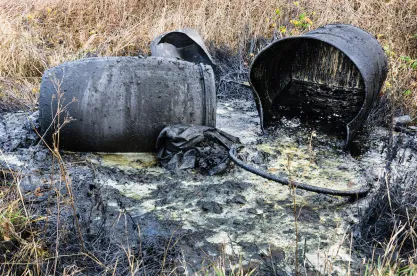We are all currently experiencing turbulent economic conditions and uncertainties that may last for the foreseeable future. In light of this uncertainty, we remind property owners, lenders, and managers, as well as landlords and tenants, to identify both potential environmental risks and valuable environmental assets associated with a property or tenant. Identifying these potential liabilities and assets now will ensure that risks can be managed and valuable entitlements can be preserved so as not to negatively affect the value of their assets.
-
For known contaminated property, identify any ongoing soil or groundwater monitoring requirements or ongoing remedial actions.
-
Review contractual obligations, including potential reporting dates, and associated penalty clauses.
-
Confirm with contractors and environmental consultants whether the staff is able to continue monitoring or mitigation work.
-
-
Identify all environmental permits and entitlements, including those noted in any sale, lending, or lease documents, as well as any regulatory agency databases.
-
Review permits for ongoing and future environmental compliance responsibilities, including monitoring or mitigation requirements, and note any deadlines and associated penalties or fines.
-
Consider outreach to regulatory agencies to request deadline extensions, and/or confirm whether certain reporting dates have been tolled.
-
-
-
If environmental compliance or remediation efforts are stipulated in an agency agreement (e.g. consent agreement) or court order, review and identify any "force majeure" provisions which may provide relief if compliance becomes difficult or impossible to undertake.
-
Resist the urge to shorten due diligence timelines for eager sellers. Prior to closing, buyers and/or their lenders have a one-time opportunity to place environmental risk on the seller.
-
If considering foreclosure, a lender should conduct the same due diligence activities that a buyer would in order to qualify for the same innocent landowner defenses.
-
Economic downturns can affect borrowers' liquidity. Always consider environmental issues that may siphon off cash.






 />i
/>i
